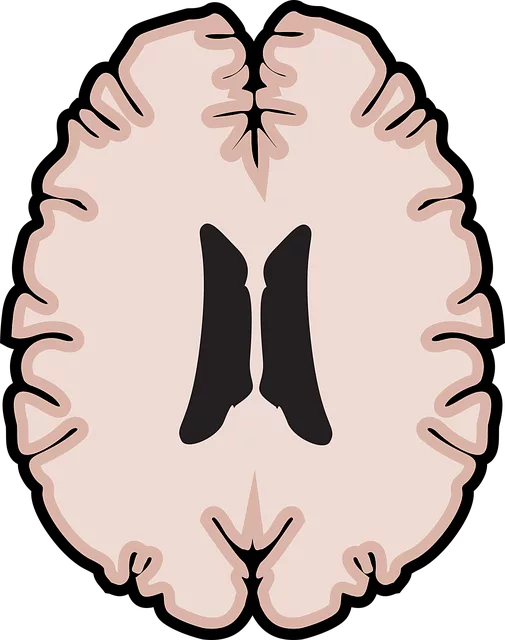Kaiser Permanente's behavioral health services in Superior receive high praise for their holistic, comprehensive approach to mental well-being. They offer a range of specialized treatments, focusing on individual therapy, group support, and evidence-based practices, with a particular emphasis on social skills development through Compassion Cultivation Practices and Social Skills Training (SST). SST has proven effective in improving communication, social connections, and emotional regulation, as highlighted by positive reviews and research outcomes. Despite implementation challenges, Kaiser Permanente's integration of these practices contributes to building resilience and enhancing mental health outcomes.
Social skills training is a powerful tool for individuals navigating mental health conditions, offering a targeted approach to enhancing interpersonal interactions. This article explores the concept, highlighting its significance in mental health recovery journeys. We delve into how organizations like Kaiser Permanente’s Behavioral Health Services provide comprehensive programs tailored to individual needs. Through examining reviews of these services, we uncover the benefits and challenges, emphasizing the importance of social skills training in fostering better outcomes and improving quality of life for those facing mental health struggles.
- Understanding Social Skills Training: A Necessity for Mental Health Recovery
- Kaiser Permanente Behavioral Health Services: A Comprehensive Approach to Social Skills Development
- Benefits and Challenges: Evaluating the Impact of Social Skills Training through Reviews
Understanding Social Skills Training: A Necessity for Mental Health Recovery

Kaiser Permanente Behavioral Health Services: A Comprehensive Approach to Social Skills Development

Kaiser Permanente Behavioral Health Services stands out for its comprehensive approach to social skills development. They offer a wide range of programs designed to address mental health conditions, with a focus on enhancing interpersonal interactions and fostering better communication. Their services are backed by superior reviews, highlighting effective practices that transform lives. One notable initiative is their implementation of Compassion Cultivation Practices, which aim to build empathy and understanding among individuals struggling with various mental health challenges.
Additionally, the program incorporates Confidence Boosting techniques and Self-Awareness Exercises to help participants navigate social situations more effectively. By combining evidence-based therapies with a compassionate approach, Kaiser Permanente ensures that individuals not only learn valuable social skills but also develop the resilience needed to thrive in their personal and professional lives.
Benefits and Challenges: Evaluating the Impact of Social Skills Training through Reviews

Social Skills Training (SST) has emerged as a powerful tool within mental health treatment, with a growing body of evidence highlighting its benefits. Reviews of Kaiser Permanente behavioral health services consistently praise SST for enhancing communication, fostering social connections, and promoting better emotional regulation – key factors in managing conditions like depression and anxiety. This training equips individuals with essential skills to navigate interpersonal interactions confidently, reducing feelings of isolation and improving overall well-being.
However, the path to effective SST is not without challenges. Some studies point to implementation barriers, such as limited access to trained professionals and individual differences in learning styles. Moreover, measuring the impact of SST can be complex, as its effects may manifest gradually and vary across individuals. Despite these hurdles, the superior outcomes reported in Kaiser Permanente reviews and other research underscore the importance of integrating SST into comprehensive mental health care, particularly when coupled with practices like Mindfulness Meditation for enhanced Emotional Intelligence and Depression Prevention.
Social skills training, as demonstrated by Kaiser Permanente behavioral health services reviews, is a powerful tool for individuals with mental health conditions. By addressing social challenges, this comprehensive approach fosters better relationships, enhances coping mechanisms, and ultimately promotes superior recovery outcomes. While there are challenges to implement, the benefits of such training are well-documented, making it an essential component in holistic mental health care.






